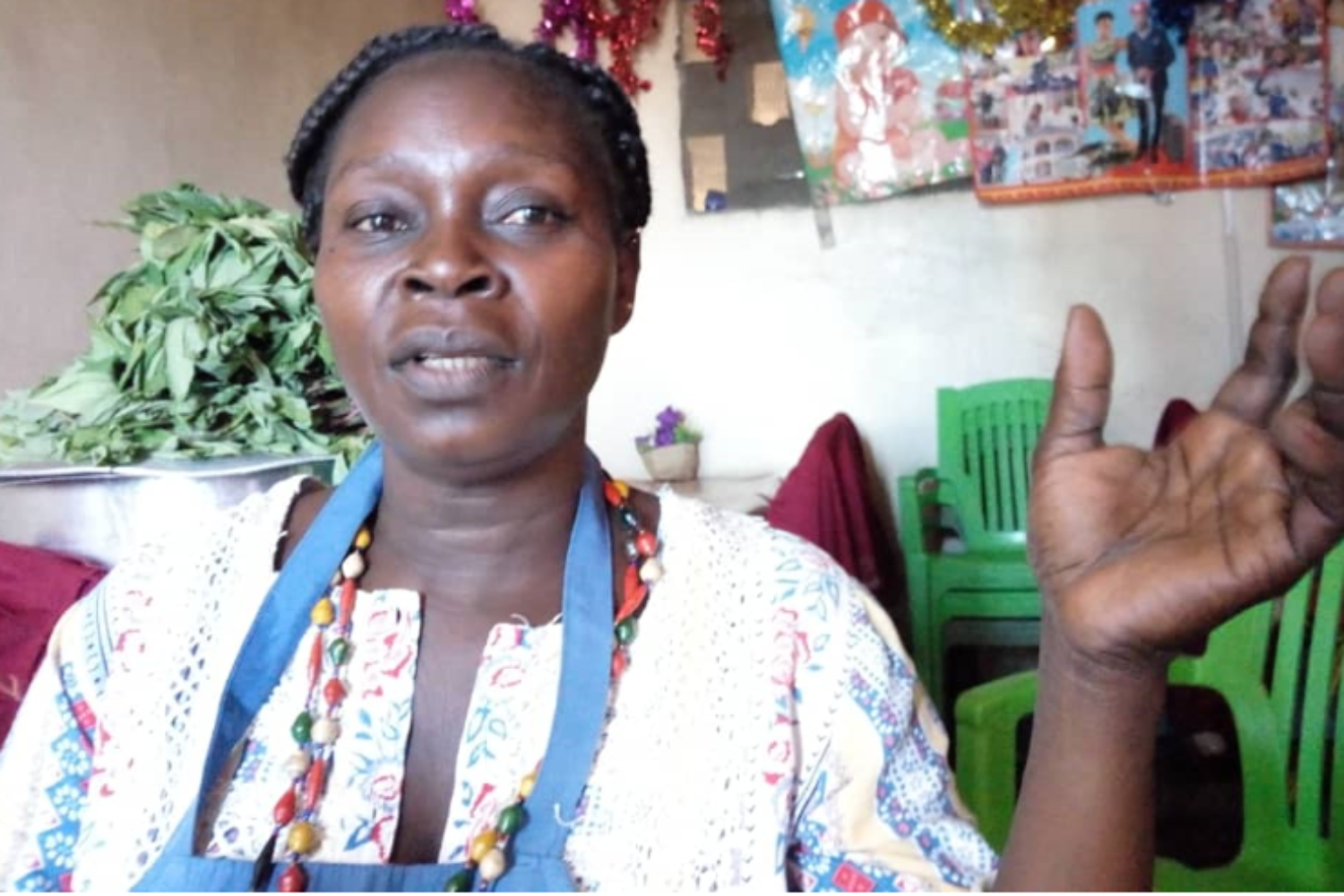By Khamis Cosmas Lukudu
COVID-19 has different effects on human beings. In South Sudan, women are the majority of frontline workers, given their different roles in society.
Speaking to Juba Monitor, Mary Zendia, who runs a small restaurant in Mahata – Yei Bus station said her business had gone down because of the COVID-19 pandemic. Before this human-made disaster could spread, she revealed that her business was doing better, but now few people come for launch due to COVID 19 strick guidelines for restaurants and hotels to operate to avoid the spread of corona virus.
“My customers are declining from take-away services. I think they are not comfortable, Mary added.”
Furiously, Zendia blamed corona virus for reaching South Sudan and stalling the operation of the business sector. People in our country depend on small businesses to raise money to support our families, she concluded.
While civil society activist Zainab Osman thought women are facing a lot of problems since the time of conflict in 2013, where women are the sole breadwinners at home. So now COVID – 19 is limiting women from their daily livelihood because congestion is advantageous for the virus to spread as results most business has come to stand-still.
Before the issue of corona Virus pandemic, women in Kator residential area could sell fruits by the roadside during evening hours, and onlookers could buy to boost women’s rights to economic earnings. Now that South Sudan is involved in frequent reporting of positive cases, which might lead to total lock-down, Osman appealed to the humanitarian agencies to start working with area leaders, chiefs, and women leaders in case of food distribution in the residential.
The Executive Director of Community Empowerment for progress organization Edmund Yakani recommends that there is need to engage women in all structures designed to combat corona virus pandemic at all levels of assessment, analysis & decision making driven from the ground upwards. Specific focus should be considered on the protection of women from all forms of threats associated with COVID-19 through designing a gendered analysis and response strategy.
“The humanitarian approach should be gender-sensitive in addressing every challenge created by the COVID-19 pandemic. It is essential to carefully analyze the impact of COVID-19 through a gendered lens and continue to adapt the answer to respond to these shifting implications in a gendered manner”, Yakani commend.
In the daily communications from Presidency on the high-level task force on COVID-19 pandemic where guide like Wash your hands, practice social distancing, restaurant to operate on take-away services many others meant to limit the spread of the virus. However, the Transitional Constitution of South Sudan, 2011(amended) part three article 37 sections 4 (d) says all levels of government shall Promote private initiative and self-reliance and take all the necessary steps to involve the people in the formulation and implementation of development plans and programs that affect them and to enhance as well their rights to equal opportunities in development.
